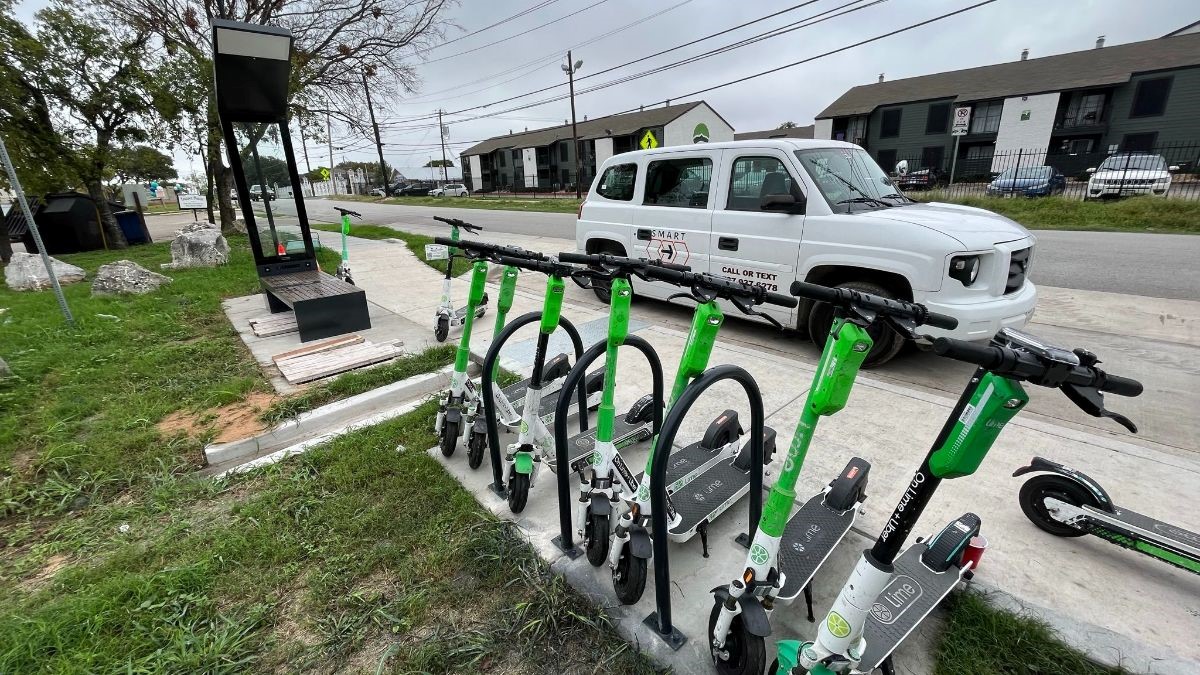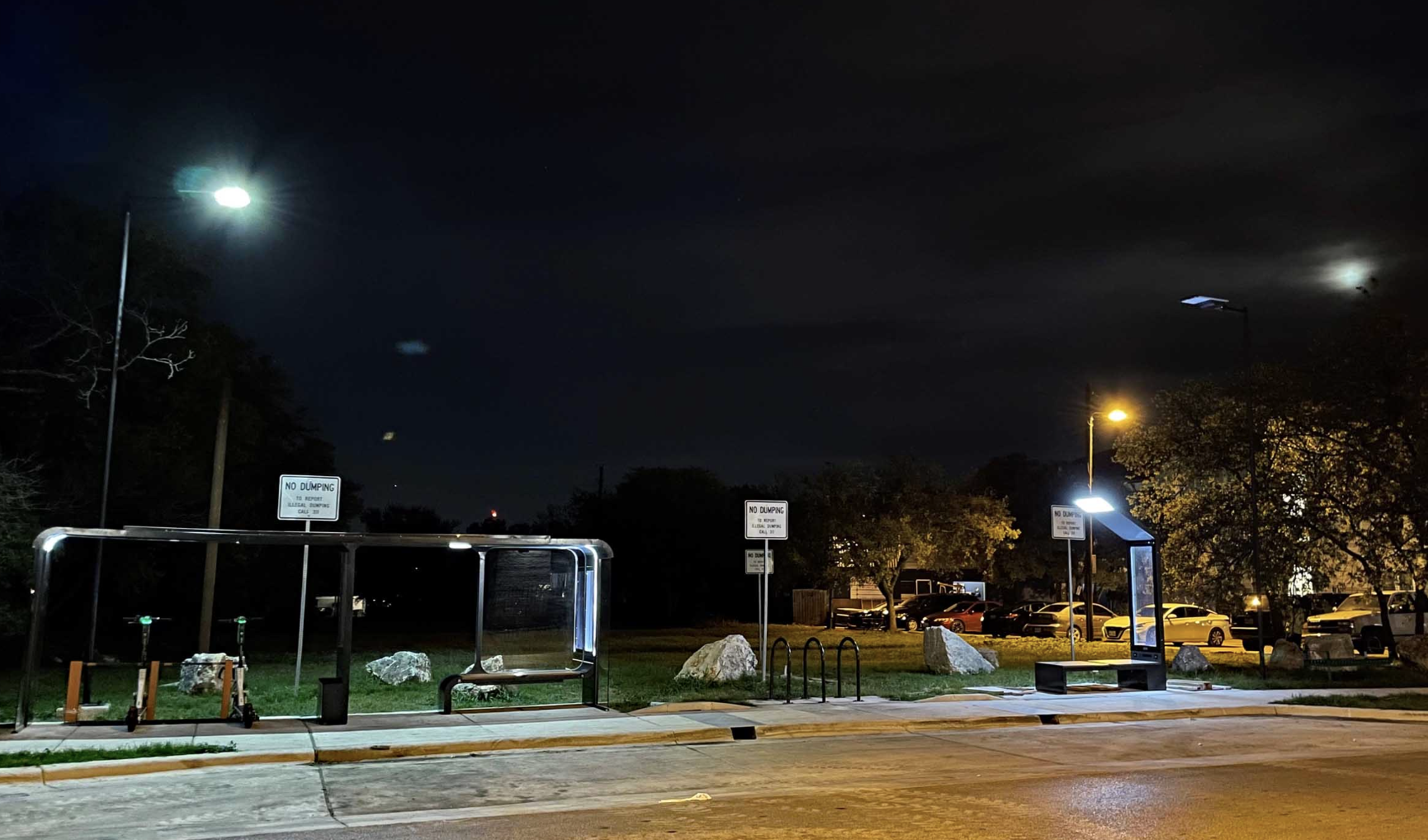A local university, city transit agency, community-based organization, and for-profit mobility company unite to solve first/last mile challenges in a transportation desert.
Georgian Acres, a suburban neighborhood in Austin, TX was established in the 1800s as part of a farming community. Until recently, this centrally located suburban community was a transit desert, with most services and shopping only available by car. Today, this neighborhood has about 8600 residents, most of whom live in small renter-occupied houses. While the median household income in Austin is about $80,000/year, households in Georgian Acres tend to earn less than $50,000/year, and many residents don’t have access to private vehicles.
Partnership and community involvement key to success
To solve this transit desert problem, University of Texas at Austin Community and Regional Planning Professor Junfeng Jiao partnered with the City of Austin, community-based organization Jail to Jobs, and micromobility company Lime, to build a Smart Mobility Hub. The capital and first year of operations for the project was financed through a $1 million National Science Foundation (NSF) Civil Innovation Challenge grant.
“The larger picture is the mismatch between jobs and places,” explained Jiao. “You cannot solve the first/last mile problem by one transportation mode. The idea is to develop a hub to meet community needs.”
To identify what the community needed and wanted, Jiao and his team surveyed residents, and received 400 responses. Residents needed regular transportation to a nearby large transit center, a large grocery store, and doctor’s offices. They asked for bus circulators, electric scooters, WiFi, and solar panels connected to chargers for wireless devices.
Launched in October, the Smart Mobility Hub now offers residents rides at no cost Monday-Friday from 9:00am-5:00pm, which can be scheduled ahead of time on a Calendly site. Having riders sign up in advance enables the team to consistently collect information about how the service is being used and have liability waivers signed. The drivers are formerly incarcerated people who are hired and managed through Jail to Jobs, a Texas non-profit organization whose mission is to lower youth recidivism through employment and mentoring programs. The two handicapped-accessible busses that serve the Hub were donated to the project by the CapMetro, which was retiring the vehicles. The drivers are trained and insured through the Austin Transportation Department.
A win-win project
The electric scooters, a highlight for residents, are available to rent at a reduced cost. Community members expressed that they felt electric scooters were only accessible in more affluent downtown and university neighborhoods.
The team invited multiple scooter companies to serve this new market, but according to Jiao, Lime was the only one that followed through on the partnership. “This is a win-win situation for the residents and the scooter companies because the residents in the neighborhood [previously felt] like scooters [were] not available to them and the scooter company has a new market,” said Jiao.
For Lime, a for-profit micromobility company, the project aligned with their mission to make transportation shared, affordable, and carbon-free. “Communities thrive when people are connected. That’s why we’re dedicated to providing sustainable transportation to all, regardless of age, background, income, or ability,” said Lime Communications Lead Jacob Tugendrajch.
Jiao hopes that this model will be replicated in transit deserts around the country. “This is an opportunity to do something major to improve mobility. You cannot even imagine how happy [residents] are to see the bus and just to see the scooters deployed there. That’s something that’s very good for the community.”



